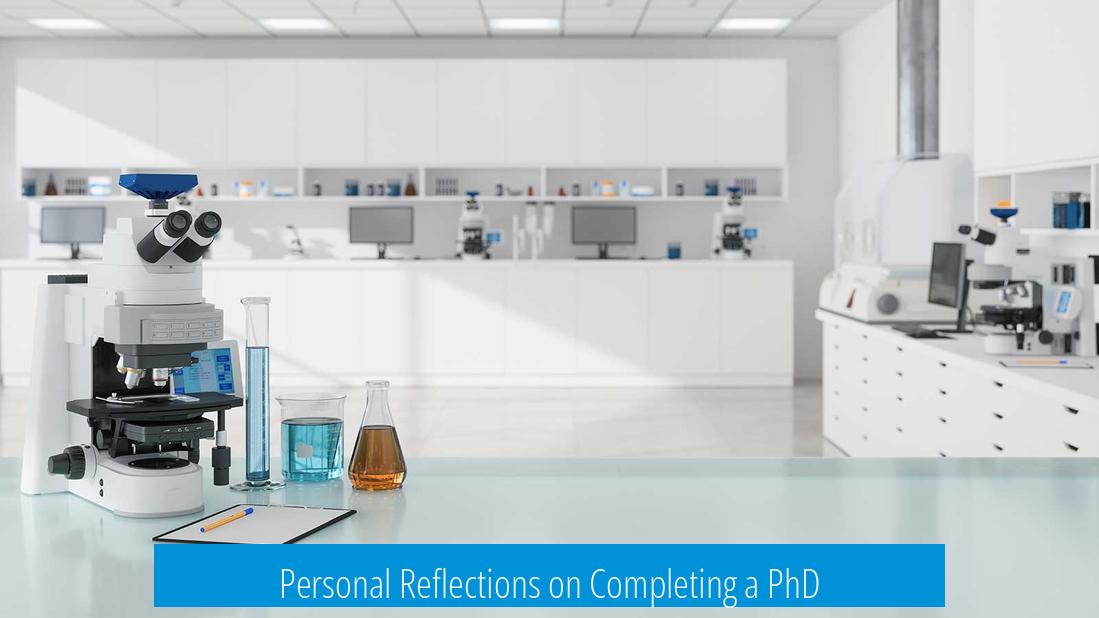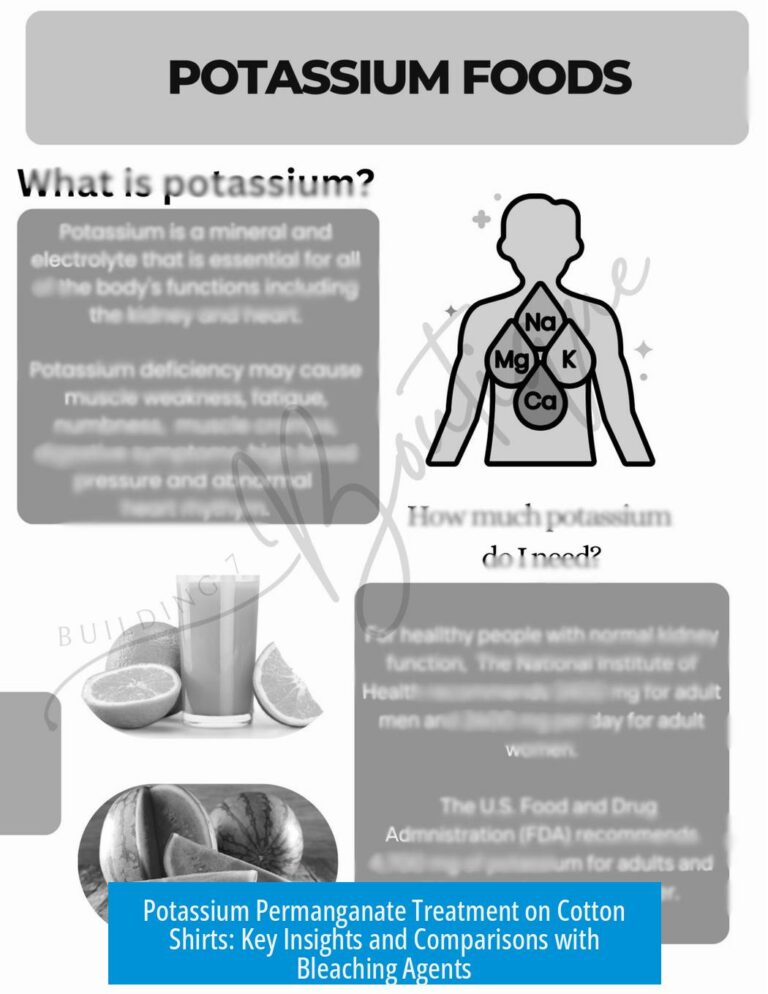Should You Pursue a PhD in Chemistry?

Pursuing a PhD in chemistry depends largely on your career goals, personal dedication, and willingness to invest significant time and effort into research. While a PhD provides valuable transferable skills and opens doors to multiple career paths, it also demands years of hard work, financial trade-offs, and intense competition in the job market.
Skills and Employability from a Chemistry PhD
A PhD in chemistry builds diverse, transferable skills valuable across many fields. These include critical thinking, problem solving, technical literacy, communication, and public speaking.
- Communication and public speaking
- Technical expertise in chemistry
- Critical thinking and problem solving
- Professional skills for teamwork and leadership
Graduates with a PhD can pursue many career options. Traditional paths include academic research, professorship, and roles in the chemical industry. However, chemists with PhDs also find opportunities in management, product development, scientific consulting, and more. Employability often depends on specialization within chemistry, such as materials science, analytical chemistry, or biochemistry.
Time and Financial Investment Required
In the United States, obtaining a PhD generally follows a 4-year undergraduate degree, then 5 years of graduate research, totaling 8-10 years minimum. This journey requires financial and personal sacrifices.
| Aspect | Details |
|---|---|
| Duration | 4 years undergrad + ~5 years PhD |
| Tuition | Undergrad tuition paid by student; PhD tuition often waived |
| Stipend | Minimal living allowance during PhD, often barely enough |
| Workload | 50-70 hours/week, high stress |
| Age at completion | Late 20s to early 30s |
PhD candidates often face long hours and financial constraints. Many live frugally, balancing intense research demands with minimal pay. Witnessing peers in other fields with higher salaries and earlier career growth can add emotional strain.
Job Market Realities and Career Prospects
After completing a PhD, the job market is competitive. Industry roles for new PhD chemists typically offer salaries between $85,000 and $130,000 annually, varying by location. Prospective candidates may need to relocate for opportunities.
For those targeting academia, the path involves multiple postdoctoral positions before securing tenure-track roles. Competition is fierce at every stage, with limited faculty openings.
Career options post-PhD include:
- Industry research and development
- Academic research and teaching
- Research management and leadership
- Specialized fields such as materials, pharmaceuticals, or environmental chemistry
Industry careers tend to be more stable and financially rewarding in the short term compared to academia.
Personal Reflections on Completing a PhD

Experiences of PhD holders vary. Some find deep satisfaction and lasting joy in mastering chemistry and completing challenging research.
“I love chemistry and I am totally happy with my experience, and my future.”
Others report significant hardships during their studies, accelerated stress, and financial challenges. Despite difficulties, many do not regret their decision to pursue a doctorate.
When Is a PhD Necessary?
Deciding whether to pursue a PhD hinges on career aspirations. If you aim to lead scientific teams, invent new methodologies, or conduct independent research, a PhD is typically essential.
- Academic positions usually require a PhD
- Research leadership roles prefer or demand a PhD
- Some specialized industrial roles require doctoral training
Alternatively, if your goal lies in more applied roles or fields like sales, quality control, or technical support, a bachelor’s or master’s degree may suffice.
Benefits Beyond Job Titles
The PhD degree offers more than credentials; it fosters independence as a scientist. Success depends on the quality of mentorship and personal commitment during the program.
Value gained through self-directed research, problem solving, and publishing original work contributes to professional growth beyond salary or job titles.
Challenges and Warnings of PhD Pursuit
Several factors warn against pursuing a PhD unless fully committed. These include:
- Exploitation concerns: Researchers may face pressure to produce specific results to satisfy funding bodies.
- Mental health risks: Stress, long hours, and repeated experimental failures can cause burnout and depression.
- Low stipend relative to living costs, especially in expensive cities.
- Changing scientific landscape demanding diverse skills beyond traditional chemistry.
PhD candidates should evaluate their resilience and true passion for in-depth research before committing.
Alternatives: The Master’s Degree Option
If the main goal is enhanced job prospects without extended commitment, a master’s degree offers a practical alternative. Many MSc programs allow for research experience in one to two years with fewer financial and personal demands.
- Shorter duration and less financial strain
- Provides advanced knowledge and some research exposure
- Equips graduates for many industry roles
A master’s may serve as the best balance between education and career entry.
Risks of Entering a PhD Without Strong Motivation
Undecided candidates or those with weak motivation face significant risks. Extended time in graduate school can delay financial independence, and unemployment remains a challenge for many PhDs.
Examples include:
- PhD holders struggling to find relevant jobs for years post-graduation
- Overqualification for desired roles leading to rejection
- Potential loss of work-life balance and financial strain
Clear career goals and strong intrinsic motivation reduce these risks.
Industry Experiences Without a PhD
Numerous professionals succeed in chemistry-related roles without a doctorate. Some drop out after an undergraduate degree but gain extensive lab experience through internships or practical work.
Not all lab work requires advanced degrees; bench chemistry, instrumentation operation, and technical positions often hire based on experience.
Some argue a PhD can result in overqualification for many practical roles and may not enhance bench skills significantly.
Concerns About Overqualification
There is concern that some PhD graduates are overqualified for the positions they desire. For roles not involving principal investigator (PI) responsibilities, the PhD may limit options or lead to dissatisfaction.
Such mismatches between qualifications and job expectations require thoughtful consideration before enrollment.
Final Advice: A Personal Decision
Ultimately, the decision to pursue a PhD in chemistry belongs to the individual. Consider your career aims, personal resilience, and willingness to commit 5 or more years to intense research.
Ask yourself:
- Do I want to lead research or teach at the university level?
- Am I passionate about conducting independent scientific studies?
- Can I manage the financial and emotional strains of a graduate program?
If the answers align, a PhD could be a rewarding step. Otherwise, alternatives like an MSc or direct industry entry remain viable.
Key Takeaways
- A PhD in chemistry provides critical skills and opens specialized career paths in academia and industry.
- The process requires substantial time, financial sacrifice, and sustained dedication.
- Job markets are competitive; academic careers need postdocs with limited tenure-track availability.
- Many industry positions do not require a PhD; practical experience often suffices.
- Mental health and financial challenges are significant during the PhD journey.
- MSc degrees offer a time- and cost-effective alternative for many career goals.
- Strong motivation and clear career objectives are essential before committing to a PhD.





Leave a Comment